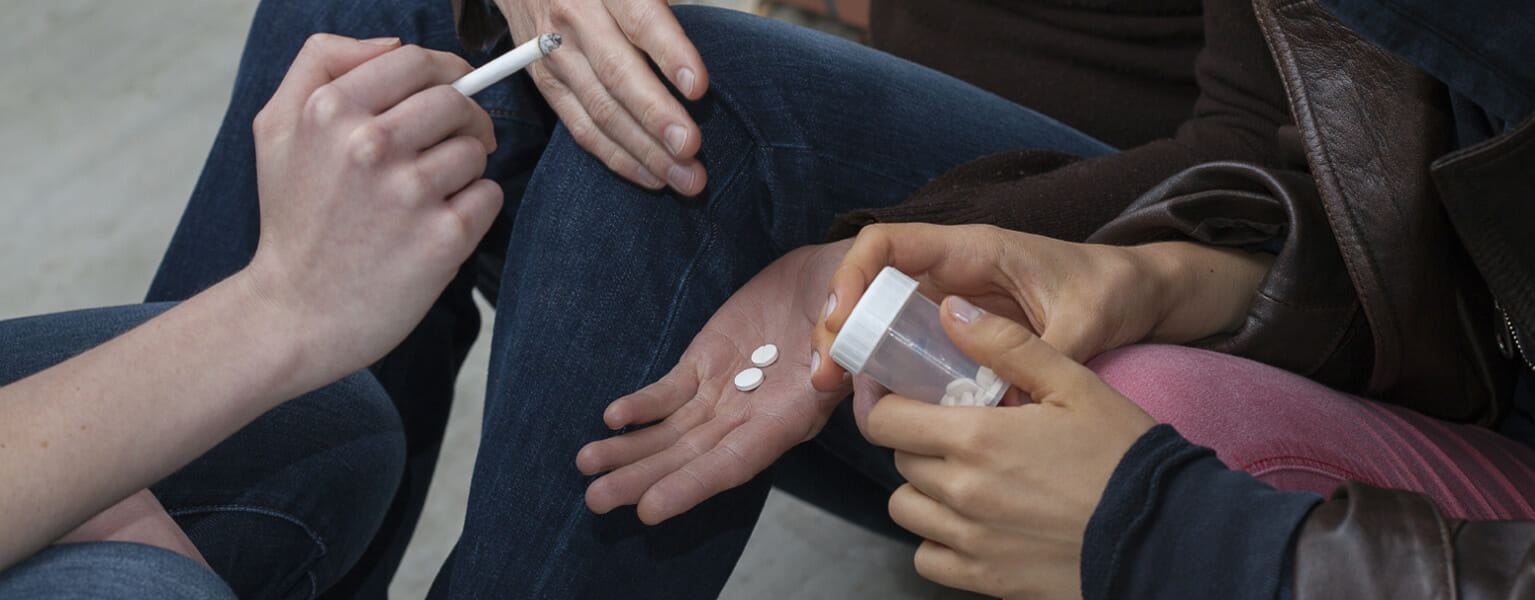It goes without saying that no landlord wants to see illegal activity occur on their premises. Unfortunately, this doesn’t mean that it never happens. No matter how mundane a tenant’s behavior may seem, as a landlord, it is your job to put a stop to any potentially illegal activity the moment it comes to your attention. Although your tenants are ultimately responsible for their own actions, depending on your state’s laws, you may actually be liable should one of your tenants inflict damage on other building occupants or even your property’s neighborhood.
Although you should be on guard for any sort of criminal activity on your property, drug dealing is one of the top criminal-related activities landlords are faced with. If you suspect a tenant may be dealing drugs on your property, be on the lookout for the following common signs.
4 Signs That a Resident May Be Dealing Drugs
- Excessive traffic in and out of a unit, with visitors staying for relatively short periods of time
- Curbside “drop-offs” — i.e. if a tenant is frequently walking out to cars parked on the street outside of your property
- Greater-than-normal nighttime activity
- Drug paraphernalia — i.e. pipes and needles
Should you suspect that a tenant is dealing drugs (or committing any other sort of criminal activity) on your property, it’s imperative to respond quickly and decisively. Aside from endangering other tenants, landlords may potentially be held liable for public nuisance lawsuits by other tenants or neighbors. Not only that, but if your property gains a reputation for illegal activity, chances are that the quality of your tenant pool will diminish as good tenants leave for more safe living situations, and a less desirable tenant pool becomes available to fill those vacancies.
We’ve said it before and we’ll say it again: The very best way to avoid behavioral problems on your property is to carefully screen tenants before signing a new lease. Run criminal and credit background checks, verify employment, and complete reference checks with former landlords. Although this process may be time-consuming, it’s the best way to avoid serious problems down the line.
In addition to protecting against illegal activities committed by your tenants, it goes without saying that you also want to do everything in your power to protect your property from criminal acts committed by outside parties. The following common-sense measures will help to ensure that your property offers tenants a safe environment and sets their minds at ease.
6 Ways to Prevent Criminal Activity at Your Rental Property
- Make sure that the exterior of the property is well-lit. You may want to consider motion-detecting lights.
- Make sure that all unit windows have latches, and encourage tenants to keep them locked.
- Prevent tenants from copying keys and distributing them to outside individuals, such as family and friends. Many manufacturers now make keys that cannot be copied by general locksmiths. Also, limit each tenant to one set of keys and charge a fee for additional copies to help cut down on extra keys floating around.
- Alert tenants about any criminal activity in the neighborhood.
- Frequently inspect your property for necessary repairs that may represent potential vulnerabilities (such as broken locks or windows).
- Take any tenant security-related concerns seriously, and immediately take appropriate action.
Although criminal activity is out of your control to a certain extent, exercising due diligence is a great way to minimize threats to your tenants, your property, and yourself.
Read more on Mixed Portfolio

